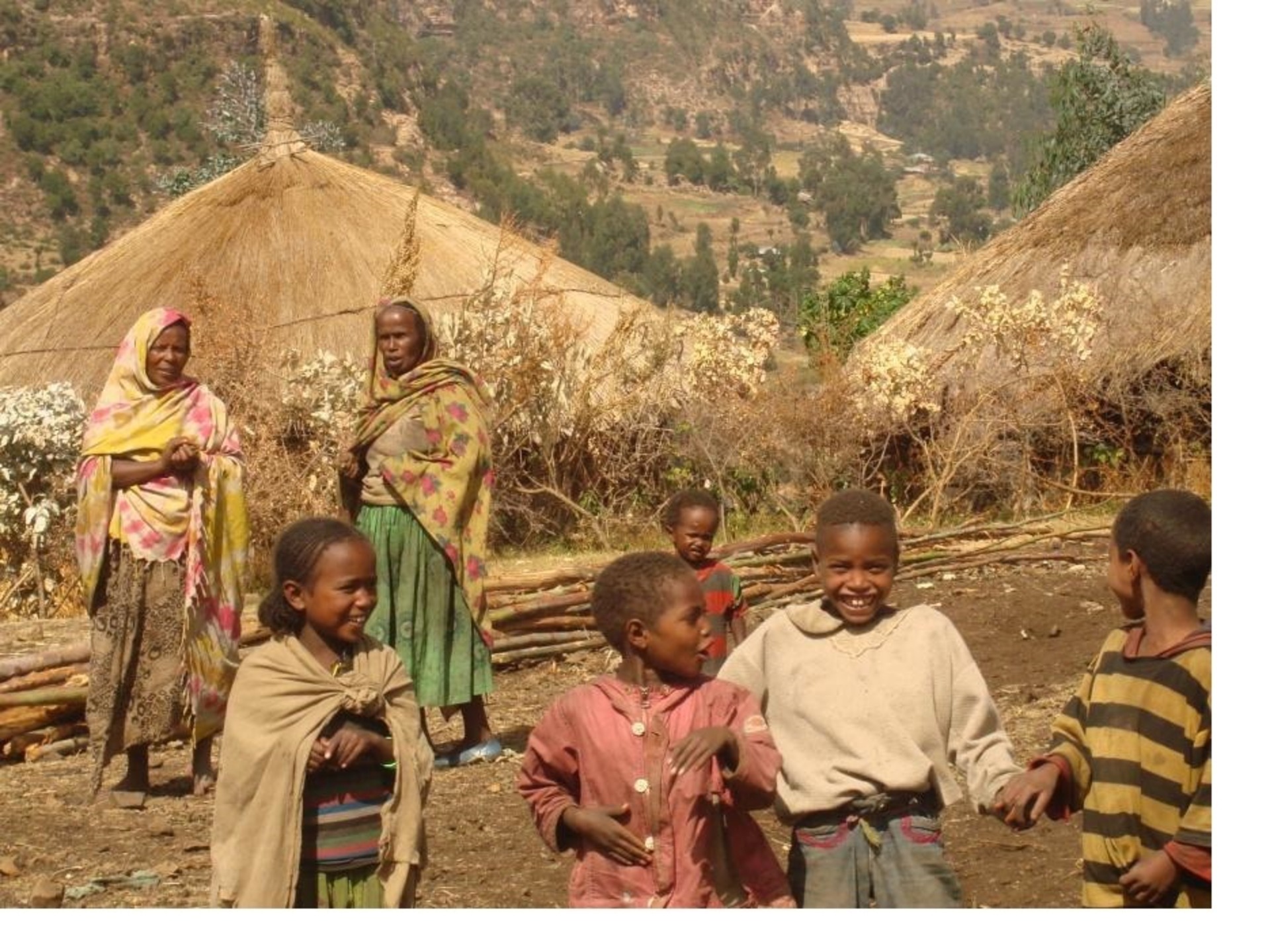OUR GUIDING IDEALS
HDSS Pledge
HDSS produces timely data by implementing a robust, longitudinal, population-based health and vital event registration system. It operates at local, national, and global levels to ensure continuous surveillance of demographic and health events, providing detailed, cause-specific profiles of mortality and morbidity, population and demographic, socioeconomic, and health care services to inform health strategies and policies.
LOCALLY
We promise to engage and empower communities by sharing findings and involving them in the development of tailored health interventions, aiming to enhance health outcomes and foster a healthier future for all the communities we serve.
NATIONALY
In partnership with CHAMPS, the Ethiopian Public Health Institute, and the Ministry of Health, we leverage HDSS data to influence evidence-based policies. This collaboration provides important community-based health information to planners and policymakers, informing evidence-based interventions in resource-limited settings. Our focus includes addressing national health issues related to health and demographic information, generating quality data for researchers, and disseminating research findings effectively.
GLOBALLY
HDSS data is crucial for understanding and improving community health and well-being on a global scale. As health and socio-economic conditions evolve worldwide, the demand for HDSS will remain strong. This is particularly important for monitoring population dynamics, implementing health interventions, conducting research, and saving lives across diverse communities. By providing comprehensive insights, HDSS can inform global organizations such as the INDEPTH Network, CDC, Bill & Melinda Gates Foundation, APC INSPIRE, and CHAMPS, helping to shape health strategies and policies that ultimately foster better health outcomes everywhere.


